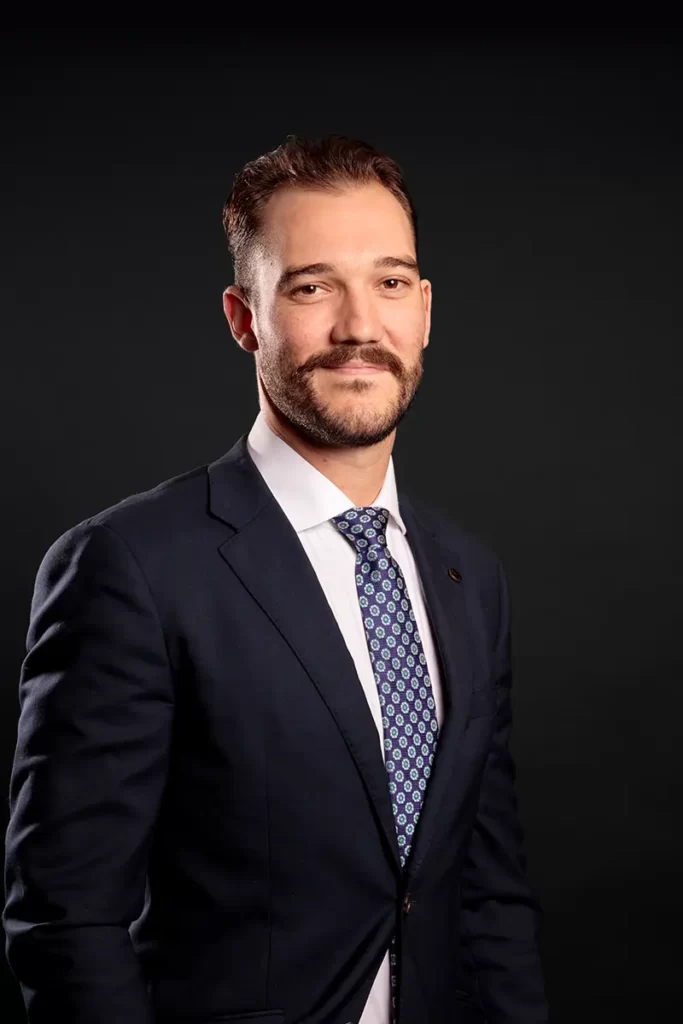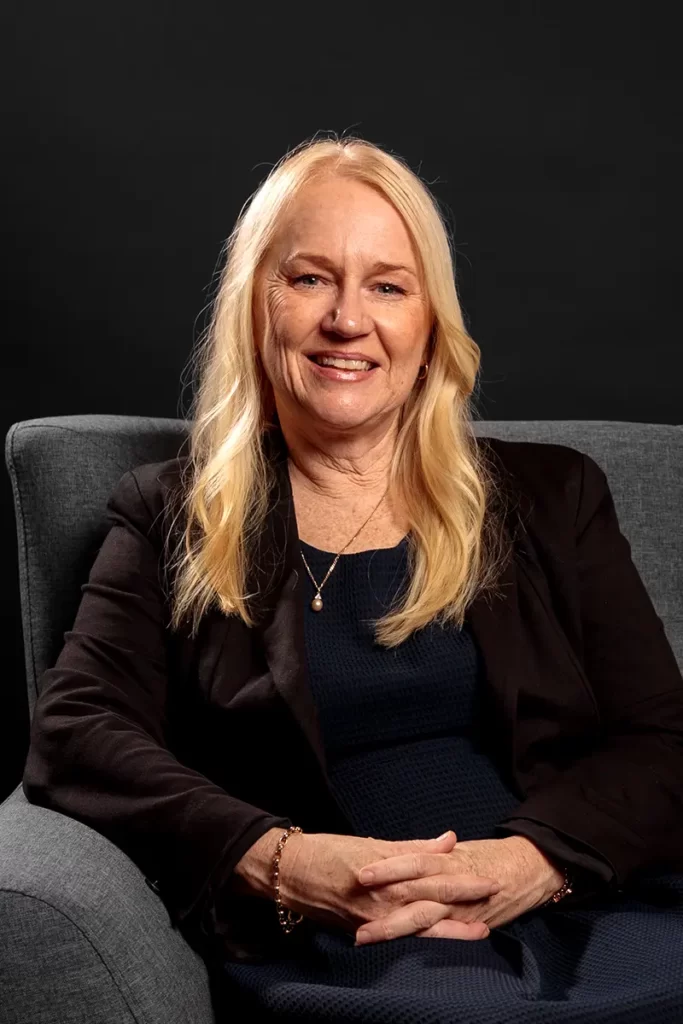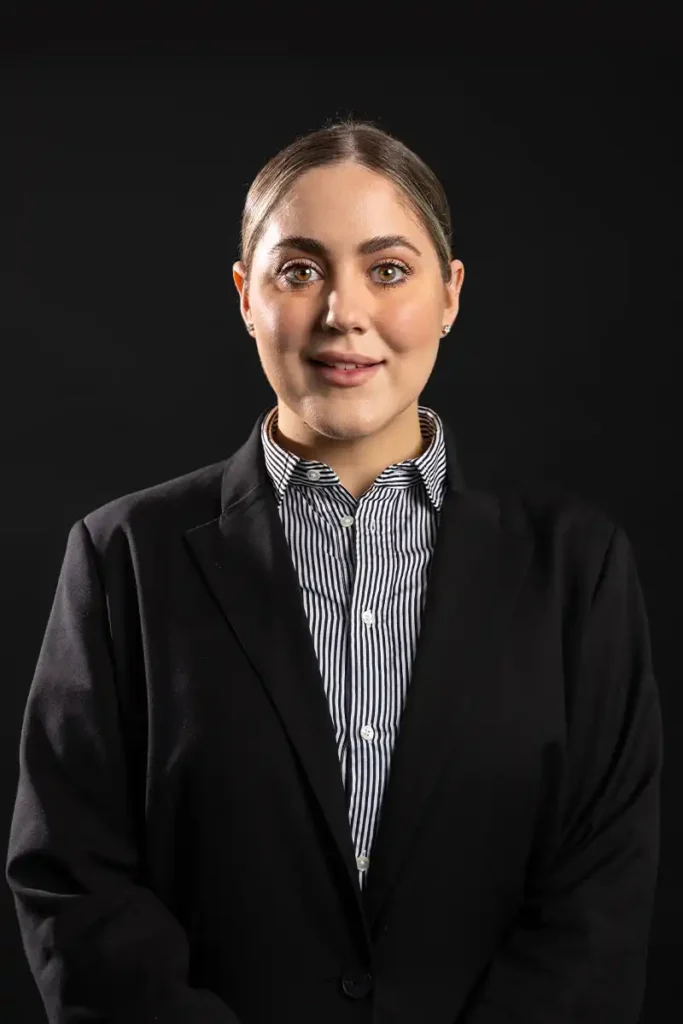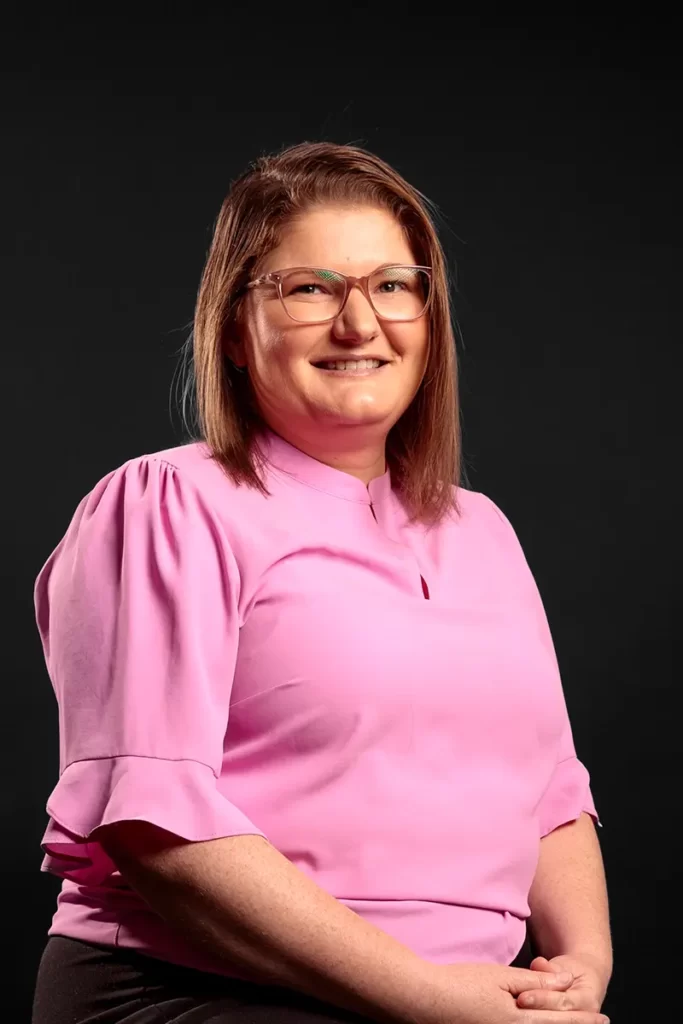Medical Negligence Lawyers Brisbane
No Win, No Fee Guarantee
Compassionate legal representation for medical negligence compensation and medical malpractice claims
If a medical practitioner or hospital has breached their duty of care and you have suffered an injury or condition, our medical negligence lawyers in Brisbane and throughout Queensland can help you understand the options available.
At Attwood Marshall Lawyers, we understand the physical, emotional, and financial toll that medical negligence and medical malpractice can take on individuals and their families who have fallen victim to medical negligence. Our team of dedicated compensation lawyers in Brisbane specialise in representing clients who have suffered poor medical treatment and are seeking to make a medical negligence compensation claim.
We can help you understand your rights in matters related to:
- Misdiagnosis or delayed diagnosis leading to a worsened condition – Misdiagnosis or delayed diagnosis can have significant consequences, leading to dire patient outcomes.
- Surgical errors – Surgical errors can include foreign objects left in a patient, a surgeon operating on the wrong body part, a surgeon proceeding with unnecessary surgery, or damage caused by the surgery.
- Anaesthesia complications – Complications arising from being administered an incorrect dose of anaesthesia, which can cause brain injuries, nerve damage, stroke, adverse reactions, or even a patient waking up during surgery.
- Psychological injuries – When a patient experiences a traumatic event, they can suffer nervous shock or a psychological injury. Psychological injuries can happen due to a medical injury or the loss of a loved one who died due to medical malpractice or medical negligence.
- Exacerbation or worsening of injuries/conditions – where the medical treatment provider negligently caused the patient’s injury or condition to become more severe.
- Medication errors – If a patient receives an incorrect medication or an incorrect dose is administered, they can experience adverse reactions and side effects, organ damage, drug interactions, toxicity, a worsened medical condition, or even death.
- Birth injuries – If you or your child has suffered injury or illness due to negligent treatment from an obstetrician, gynaecologist, doctor, midwife, or other medical professional during pregnancy or your child’s birth, you may be able to claim compensation for medical negligence.
Identifying if a medical professional or hospital has been negligent and committed malpractice can be complex and it is essential to seek the right legal advice from specialist medical negligence lawyers to identify instances of medical negligence and malpractice and get the support you need after suffering physical harm and financial loss.
Attwood Marshall Lawyers operate on a “No Win, No Fee” basis for medical negligence cases. Contact our Brisbane medical malpractice lawyers today to talk through your matter.
 Download our Info Pack
Download our Info Pack
To find out more about the process involved in making a compensation claim against a medical practitioner or facility, please provide your details below and our Information Pack will be sent to your inbox.
Our Process

1. Reach out and tell us your story
We’re here to listen and help you make sense of your legal options.

2. Meet with a medical negligence lawyer in Brisbane
We will arrange for you to sit down with one of our expert medical negligence lawyers for a free initial consultation and to get your claim underway.

3. Negotiating with the insurer
You do not need to worry about dealing with the insurance company or the medical professionals accused of negligence. Our medical negligence lawyers will manage all discussions and negotiations with the insurer. We will fight for you to get the best possible outcome.

4. Settlement
Once an agreement is reached, your settlement can proceed, and the insurer will pay the settlement funds to you.
Frequently Asked Questions (FAQs)
Medical negligence refers to a breach of duty by a healthcare provider that results in substandard care or inadequate medical care. It means that a healthcare professional has failed to provide the level of care that a reasonably competent and skilled professional in their field would provide under similar circumstances. Negligence can involve actions, omissions, or mistakes that cause harm to a patient.
Medical malpractice is a specific subset of medical negligence that involves situations where a healthcare provider’s negligent actions or omissions directly cause harm to a patient.
To prove medical malpractice, the following elements are generally required:
1. Duty of Care: The healthcare provider had to provide care to the patient.
2. Breach of Duty: The healthcare provider breached their duty of care and failed to meet the expected standard of care.
3. Causation: The breach of duty directly caused harm or injury to the patient.
4. Damages: The patient suffered measurable harm or damages due to the healthcare provider’s negligence.
While medical negligence refers to a failure to meet the appropriate standard of care, medical malpractice involves explicitly proving that this negligence led to harm and resulted in compensable damages. Medical malpractice cases are highly complex and require a high level of legal scrutiny and evidence.
Subject to various thresholds, the main types of compensation you may claim for are:
- Pain and suffering (general damages)
- Past and future treatment and rehabilitation costs
- Income you have lost, and will lose in the future (including super)
- Past and future care and assistance costs (personal care, domestic tasks, etc)
Each medical negligence case is different, and several factors will impact a person’s entitlement to compensation. Some of the factors that may impact a compensation claim include:
- The individual’s circumstances
- The type of injury suffered
- The impact the injury is having on the individual’s life.
It is important to seek legal advice about your specific matter to understand your claim’s likelihood of success and what compensation you may be entitled to claim.
Every medical negligence claim is determined on its own facts and merit, and the claim’s process and timeline can differ depending on the unique matter’s circumstances. Some claims may be able to be resolved relatively quickly (6-12 months), whilst others can take several years, depending on the complexities of the case.
Yes. Strict time limits apply.
In Queensland, there are “pre litigation” steps that must be followed that mandate time frames by which initial notices and/or claim forms must be served. All claims must be commenced within 3 years of the negligent incident causing the injuries/loss or the claim will be barred. For minors (under the age of 18) this may be extended to 3 years from their 18th birthday.
In New South Wales, there are no “pre litigation” steps that must be followed. All claims must be commenced within 3 years of the negligent incident causing the injuries/loss of the claim will be barred. For minors (under the age of 18) the 3 year time frame still applies, unless the minor can prove they did not have a competent litigation guardian.
If you think you may have a medical negligence claim, it is important to get legal advice as soon as possible.
Meet our Compensation Law team
Our dedicated team of lawyers who practice exclusively in compensation law and personal injury claims can assist with all compensation claims on a ‘No Win, No Fee’ basis.
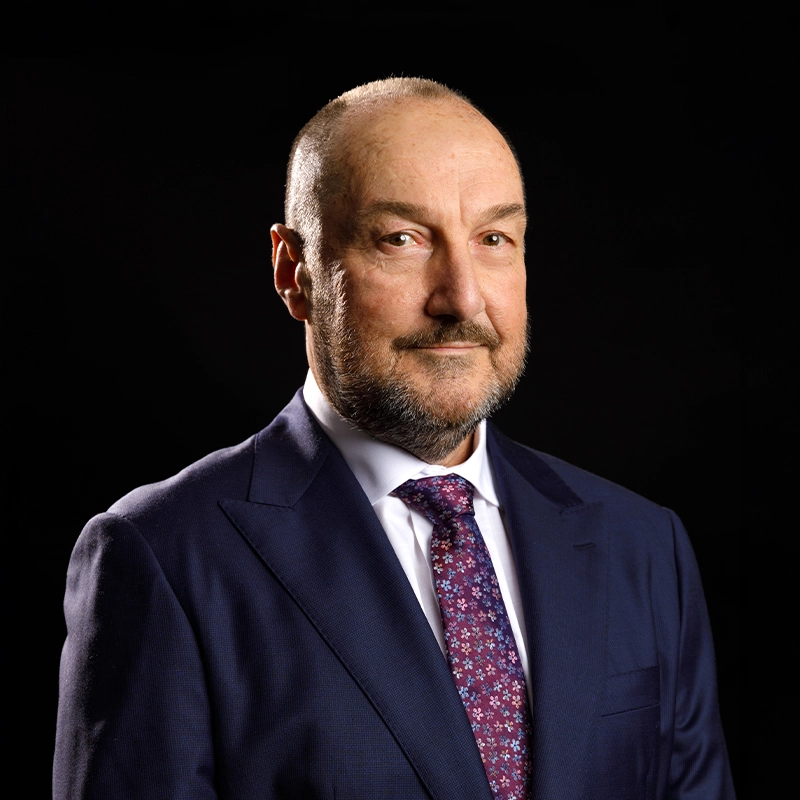
Jeff
Garrett
No Win, No Fee Medical Negligence Lawyers Brisbane
Attwood Marshall Lawyers act on a No Win, No Fee basis for all compensation claims, including public liability and medical negligence claims. This means you do not have to pay any legal fees if you do not win your case, and only when you win your case will the fees be deducted from your settlement. In many cases, the insurer of the liable party is also required to contribute towards your total legal costs. There are no upfront costs!
Contact our experienced medical negligence lawyers for expert legal advice and a free, no-obligation and confidential discussion to find out exactly where you stand and how you can prove medical negligence.
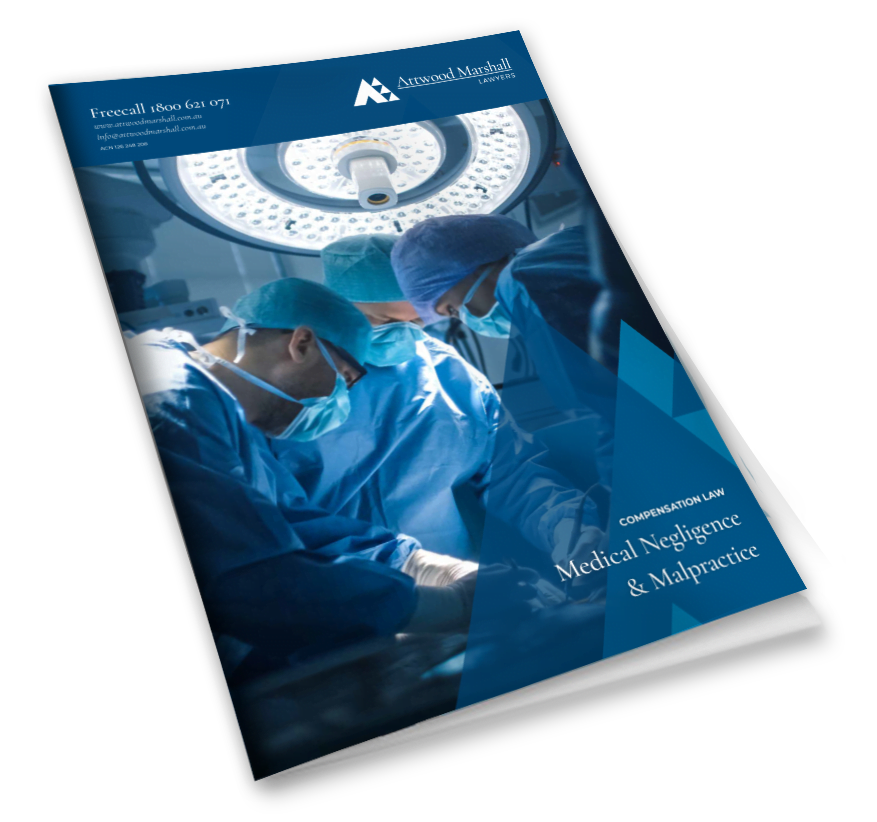 Download our Info Pack
Download our Info Pack
